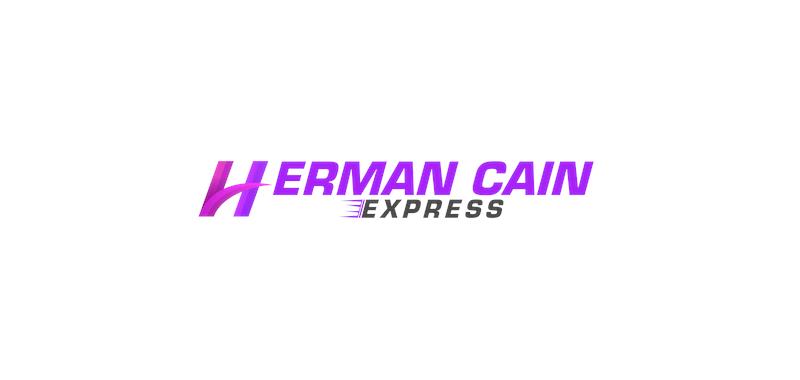
President Trump is returning to Washington with a powerful mandate to reverse the Biden-Harris administration’s pro-inflation, big government policies and usher in a golden age of American prosperity.
He can start by ending the White House’s multi-front war on American innovation. The policies of the last four years, ranging from technology giveaways to taxpayer-funded patent infringement, have killed good-paying jobs and driven investment out of key high-tech fields.
One of President Trump’s first acts should be to end former President Joe Biden’s unfortunate giveaways of American technologies.
In 2021, the Biden-Harris administration supported a move at the World Trade Organization that gave away the valuable intellectual property behind the coronavirus vaccines, making it easier for rivals like China to access breakthrough discoveries developed in U.S. labs. Trump can restore investor confidence and send a powerful signal to China by forcefully stating that he will not approve similar giveaways in the future.
The next administration can also refute the Biden-Harris administration’s ill-conceived position in a consequential lawsuit being waged over Moderna’s COVID-19 vaccine. The Department of Justice recently told a court that if Moderna is found guilty of infringing on a small biotech’s patents, taxpayers should cover billions of dollars in financial penalties — not Moderna.
Letting the Biden-Harris administration’s position stand would create a precedent that effectively authorizes federal contractors to infringe on drug patents at will. That’d be a gift to lawmakers like Bernie Sanders (I-Vt.) and Elizabeth Warren (D-Mass.), who have long urged the executive branch to invoke a decades-old law — “section 1498,” for short — to forcibly relicense the patents on brand-name medicines.
It’s not just the Biden-Harris Justice Department discovering sweeping new government powers. Last year, the Department of Commerce announced that another decades-old law, the Bayh-Dole Act of 1980, gives Washington the right to “march in” on — functionally confiscate — the patents of any invention arising from federally funded university research. The White House justified the plan by saying it could lower drug costs, but numerous studies have shown that won’t happen.
The consequences of either proposal would go far beyond biotech. Startups in practically every high-tech industry — from renewable energy to artificial intelligence to advanced aerospace — rely on robust intellectual property protections to attract the outside investment required to translate promising but early-stage discoveries into commercial technologies with real-world applications.
Authorizing federal bureaucrats to swoop in and effectively nullify exclusive patent rights on a whim would inject massive uncertainty into this delicate system of certain risk and uncertain reward.
Under the Biden-Harris proposals, a firm could conceivably spend millions — or even billions — of dollars and over 10 years developing a novel technology only to learn that the government plans to relicense their patent portfolio to a competitor. Any chance to recoup research and development investments would disappear overnight. Few investors would be willing to fund any venture where such a scenario is possible.
The next revolutionary breakthrough in machine learning, regenerative agriculture, or battery storage could be just around the corner. But these advances will never reach consumers if innovators no longer believe their intellectual property will be protected. That would be a massive boon to China, which has worked to strengthen its patent system in recent years and is already out-competing the U.S. in 37 out of 44 critical technologies.
Trump has a chance to restore America’s leadership in innovation by protecting patents, rejecting government overreach, and defending the industries that drive our economy. By reversing Biden’s innovation-killing policies, he can send a clear message: The U.S. is open for business, and its government’s commitment to upholding intellectual property rights is ironclad.
Brian O’Shaughnessy is a patent attorney with over three decades of experience practicing before the U.S. Patent and Trademark Office. He is chair of Dinsmore’s IP Transactions and Licensing Group.

